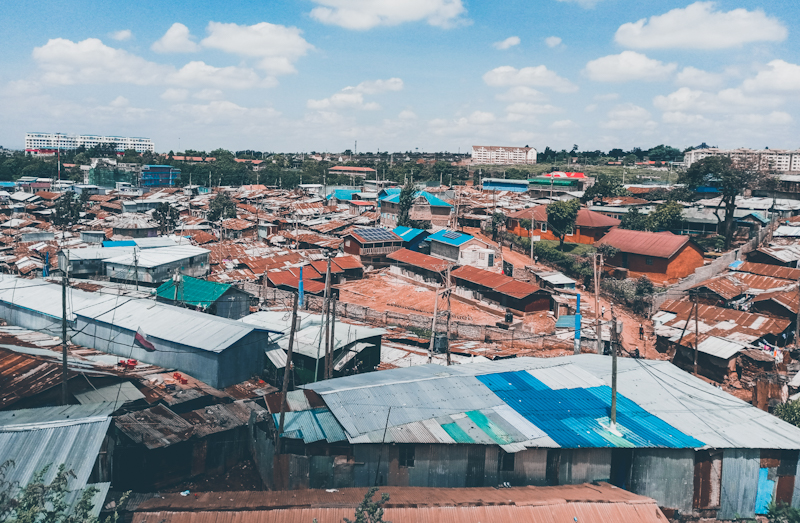Kenya’s Covid-19 cash transfer program aimed at supporting vulnerable families affected by the impact of the pandemic failed to reach them, Human Rights Watch (HRW) said on Tuesday.
The report, “We Are All Vulnerable Here’: Kenya’s Pandemic Cash Transfer Program Riddled with Irregularities” found out that this was due to cronyism and lack of transparency.
Consequently, government officials failed to follow the stated selection criteria or to share information that should have enabled more vulnerable families to enrol.
“The response from authorities however failed to address many of the issues unearthed by our research, including irregular frequency of payments, lack of transparency, allegations of cronyism, poor oversight, and failure to share adequate information about the cash transfer registration or the lack of mechanism for those left out to appeal or challenge their exclusion,” reads part of the report.
The cash transfer program was launched in May 2020 as part of the government’s coronavirus stimulus package. The relief, especially personal and Corporate tax reliefs ended January 2021.
“It is disappointing that an otherwise noble initiative can be this heavily undermined by negligence and inadequate oversight by the authorities,” said Otsieno Namwaya, East Africa Director at Human Rights Watch.
136 people were interviewed between July 2020 and February 2021 targeting government officials and residents of informal settlements in Nairobi.
The estimated eight informal settlements in Nairobi, according to Slum Dwellers International (SDINET), have over 600,000 households, all of them in dire need of support, with many having lost jobs or closed businesses.
The number of those supported by the government program in Nairobi amounts to approximately 4.8 per cent of households in informal settlements.
“Kenyan authorities should draw important lessons from the challenges the Covid-19 cash transfer has faced and work toward introducing long-term emergency response measures,” Namwaya said.
Covid-19: Falling Incomes in Q1 2021 Leave Kenyans Very Worried




